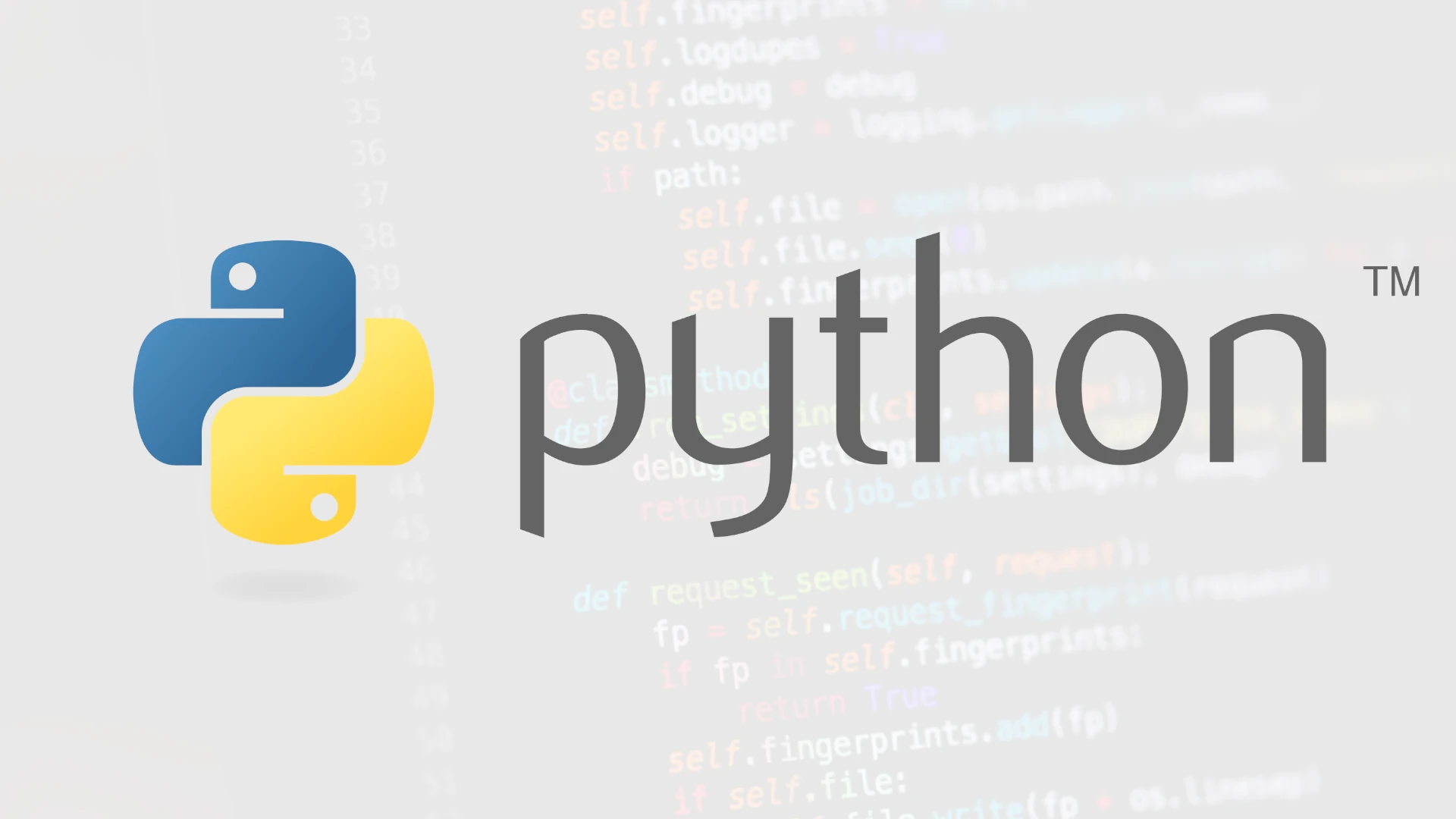
The Python defaultdict is a helpful tool for anyone working with dictionaries. It simplifies the handling of missing keys by automatically assigning them a default value. This functionality is particularly useful when working with large datasets or when handling dynamic data inputs.
Unlike a regular Python dictionary, where accessing a non-existent key results in a KeyError, a defaultdict will create the key and assign it a specified default value. This makes data grouping, counting, and accumulation tasks much easier and more efficient.
You can initialize a defaultdict with values like int, list, or even custom functions. This flexibility enables efficient data operations and minimizes the risk of errors in your code. Explore more about how defaultdict can simplify your coding process by visiting freeCodeCamp.
Unlocking Python’s defaultdict
What Makes defaultdict Different?
In essence, a defaultdict is a dictionary that never raises a KeyError. It provides a default value when you access a key that doesn’t exist. This is unlike regular dictionaries, where you’d get an error if you tried to access a missing key.
Creating a defaultdict
To use defaultdict, you need to import it from the collections module. Here’s how you create one:
from collections import defaultdict
my_dict = defaultdict(int) # Default value is 0In this example, int is the default factory, meaning if we try to access a key that’s not in the dictionary, it will automatically create the key and assign it a default value of 0 (the default value returned by the int function).
Setting Default Values
You can set the default factory to any callable, such as list, set, or even a custom function.
my_list_dict = defaultdict(list) # Default value is an empty list
my_set_dict = defaultdict(set) # Default value is an empty setCommon Use Cases
- Counting:
defaultdict(int)is perfect for counting occurrences of items. - Grouping:
defaultdict(list)helps group items by a common key. - Building Graphs:
defaultdict(list)can be used to represent adjacency lists in graphs.
Example: Counting Word Frequencies
text = "This is a sample text with repeated words."
word_counts = defaultdict(int)
for word in text.split():
word_counts[word] += 1
print(word_counts)Advantages Over Regular Dictionaries
- No KeyErrors: Avoids runtime errors when accessing non-existent keys.
- Automatic Initialization: Simplifies code by automatically creating missing keys.
- Concise Code: Reduces the need for explicit
ifchecks for key existence.
Key Points to Remember
defaultdictis a subclass ofdict, inheriting all its functionalities.- The default factory is only called when a missing key is accessed.
- Be mindful of the default factory you choose, as it impacts the behavior of your
defaultdict.
Key Takeaways
Defaultdictassigns default values to keys automatically.- It prevents
KeyErrorsand simplifies data handling. - You can use
defaultdictwith various value types likeintorlist.
Understanding Defaultdict
Python’s defaultdict is a subclass of the built-in dict. It’s especially useful for handling missing keys and can save time in certain scenarios by automatically initializing entries.
Difference Between Defaultdict and Dict
The main difference between defaultdict and dict lies in how they handle missing keys. With a standard dict, trying to access a missing key results in a KeyError. In contrast, a defaultdict uses a default_factory function to provide default values for missing keys.
This way, you can avoid errors and ensure that each key access returns a meaningful value. While a dict may require explicit management of key-value pairs, the defaultdict simplifies this by handling them automatically.
The Default Factory Function
The default_factory function is integral to how a defaultdict operates. This function, which you provide during the initialization of a defaultdict, generates default values for missing keys.
Typically, this function is a callable object such as int, list, or a custom function. For instance, a defaultdict with int as the default_factory will initialize any missing key with 0.
from collections import defaultdict
dd = defaultdict(int)
print(dd['missing_key']) # Output: 0
This mechanism ensures that the defaultdict always provides a default value when accessed, thus simplifying coding and reducing the need for key existence checks.
Handling Missing Keys with __missing__
The __missing__ method is a special method in defaultdict that aids in managing missing keys. When a missing key is accessed, the dictionary’s __missing__ method is called to insert a default value into the dictionary.
Although you typically interact with default_factory more often, understanding that __missing__ is the underlying mechanism can help in debugging and extending functionality.
class CustomDict(defaultdict):
def __missing__(self, key):
self[key] = self.default_factory()
return self[key]
This feature makes defaultdict highly versatile and reliable for many applications, ensuring that accessing a missing key will not disrupt the program. The combination of these features provides a robust and user-friendly alternative to the standard dict.
Practical Uses of Defaultdict
Python’s defaultdict offers effective ways to handle missing keys in dictionaries. It shines particularly in operations like grouping, counting, and accumulating values. Below are some key applications.
Grouping and Counting Operations
The defaultdict is handy for grouping items and counting their occurrences. In contrast to a regular dictionary, defaultdict automatically initializes the first occurrence of a key, allowing for quick population without frequent key checks. For instance, grouping words by their starting letter:
from collections import defaultdict
words = ['apple', 'ant', 'banana', 'berry', 'cherry']
grouped = defaultdict(list)
for word in words:
grouped[word[0]].append(word)
print(grouped)
The above code creates groups of words starting with the same letter, eliminating the need for manual key initialization. It simplifies counting frequencies as well:
from collections import defaultdict
elements = ['a', 'b', 'a', 'c', 'b', 'a']
count = defaultdict(int)
for element in elements:
count[element] += 1
print(count)
This method ensures that each key starts with a count of zero.
Accumulating Values
Using defaultdict is beneficial for accumulating values over multiple keys without manual checks for key existence. It enables cleaner code and fewer errors. Consider tracking cumulative scores for different players:
from collections import defaultdict
scores = [('Alice', 5), ('Bob', 10), ('Alice', 15)]
total_scores = defaultdict(int)
for name, score in scores:
total_scores[name] += score
print(total_scores)
This example shows how scoring is accumulated seamlessly. Another example involves accumulating items into lists:
from collections import defaultdict
transactions = [('Alice', 50), ('Bob', 20), ('Alice', 30)]
transaction_records = defaultdict(list)
for name, amount in transactions:
transaction_records[name].append(amount)
print(transaction_records)
Both scenarios demonstrate the use of defaultdict for efficient accumulation.
Complex Default Values
defaultdict shines with complex default values using functions. This approach initializes structure without if-statements or errors. Setting default values as dictionaries:
from collections import defaultdict
nested_dict = defaultdict(lambda: defaultdict(int))
nested_dict['Fruit']['Apple'] += 1
print(nested_dict)
Here, a nested dictionary is created effortlessly. Another complex default can be instances of classes:
from collections import defaultdict
class Counter:
def __init__(self):
self.count = 0
nested_counters = defaultdict(Counter)
nested_counters['a'].count += 1
nested_counters['b'].count += 3
print(nested_counters['a'].count)
print(nested_counters['b'].count)
This sets up counters for each key without repetitive checks or initialization steps. This method ensures that any key accessed gets initialized automatically, reducing overhead in your code.
Frequently Asked Questions
Below are some common questions about using defaultdict in Python. This section will help clarify its use, benefits, and common scenarios for implementation.
How do I use a defaultdict to create a list of values for each key?
To create a list for each key, initialize defaultdict with list as the default_factory. This way, for any non-existent key, an empty list is automatically created.
Example:
from collections import defaultdict
default_dict = defaultdict(list)
default_dict['fruits'].append('apple')
print(default_dict) # Output: {'fruits': ['apple']}
Tutorial on defaultdict usage.
What is the purpose of providing an integer like 0 as the default_factory in a defaultdict?
Using int as the default_factory initializes missing keys with 0. This is useful in situations like counting occurrences. When a key is accessed for the first time, it gets a default value of 0.
FreeCodeCamp guide on defaultdict.
How can I use defaultdict with int to count occurrences of items in an iterable?
To count item occurrences with defaultdict, set int as the default_factory. This ensures each missing key starts at 0 and can be incremented as each item is encountered.
from collections import defaultdict
item_counts = defaultdict(int)
items = ['apple', 'banana', 'apple', 'orange']
for item in items:
item_counts[item] += 1
print(item_counts) # Output: {'apple': 2, 'banana': 1, 'orange': 1}
Read more on this at datagy.
Could you provide an example of how to implement a defaultdict?
Here’s a basic implementation of defaultdict to group words by their lengths:
from collections import defaultdict
words_by_length = defaultdict(list)
words = ['pear', 'apple', 'banana']
for word in words:
words_by_length[len(word)].append(word)
print(words_by_length) # Output: {4: ['pear'], 5: ['apple'], 6: ['banana']}
Details can be found on GeeksforGeeks.
In what scenarios should one use a defaultdict over a regular dict?
Use defaultdict when you want automatic assignment of default values for missing keys. It is useful for counting, grouping, and accumulating values without needing to check for key existence.
More examples at ioflood.
How does the use of a lambda function as a default_factory in defaultdict work?
A lambda function can customize default values. For instance, initializing with lambda: 'unknown' will set missing entries to 'unknown'.
from collections import defaultdict
default_dict = defaultdict(lambda: 'unknown')
print(default_dict['missing_key']) # Output: 'unknown'
This flexible method allows for more complex initialization rules.

